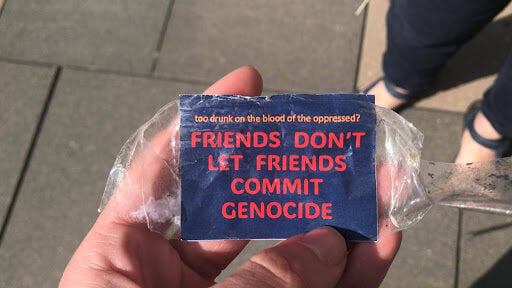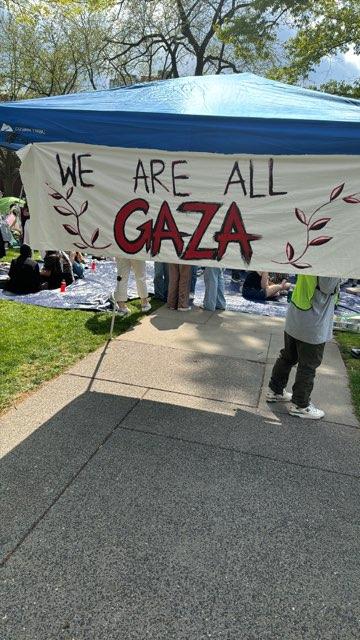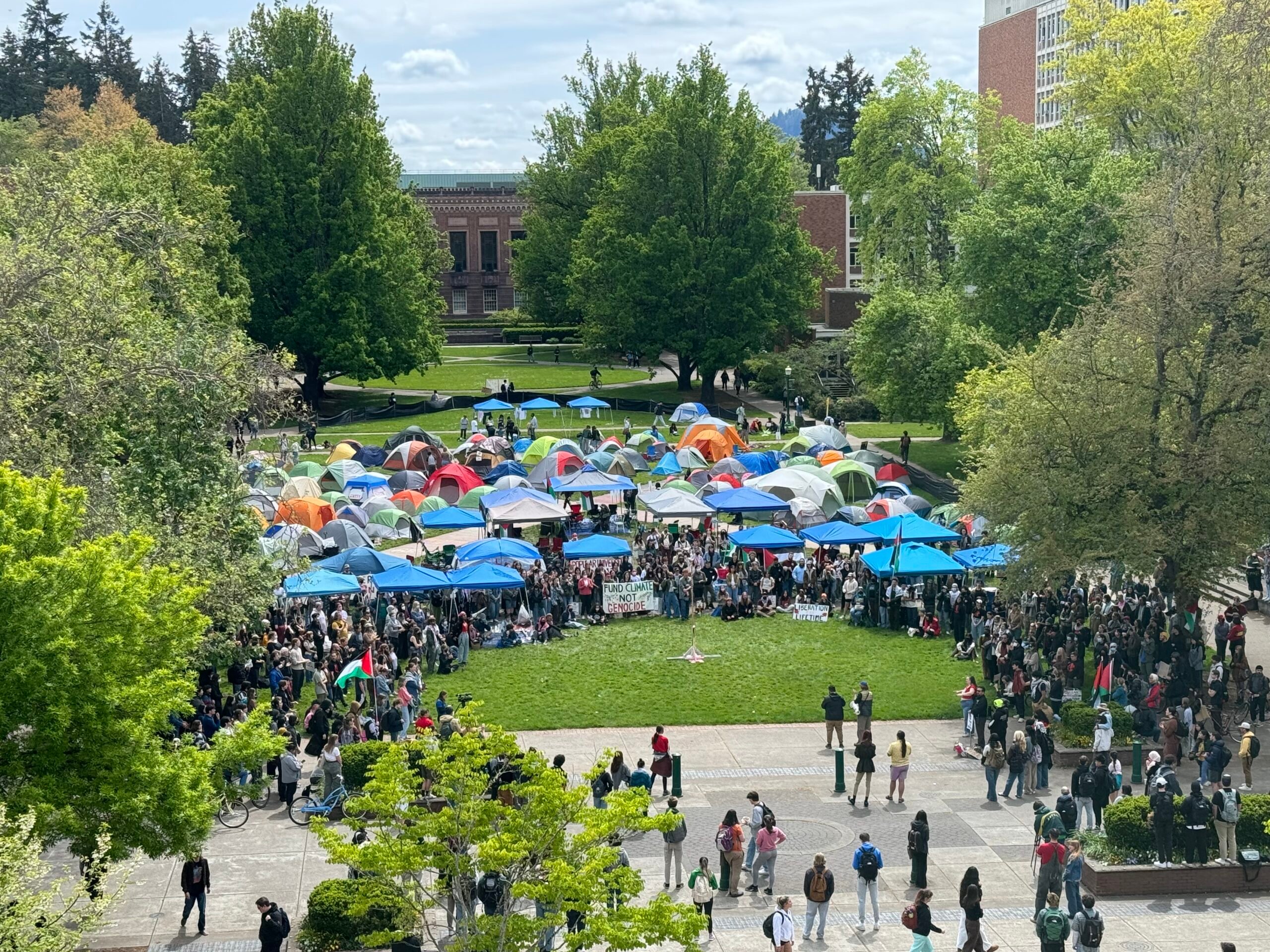In this week’s Parsha of Bo, we read that Hashem directs the Jewish people, through Moshe, to borrow money from their Egyptian neighbors. The verse stated, “Please speak in the ears of the people: let them ask every man of his friend and every woman of her friend, to borrow jewelry and vessels of silver and gold.” [Shemot 11:2]. What a strange way to put it. The Jewish people were being told to ask their neighbors to borrow this money and wealth. Yet, we know that there was no intention to give it back. In fact, the Talmud in Pesachim (119a) tells us that it was Yosef who generated all the wealth in Egypt by selling grain during the famine. In effect, the Egyptians only had all these riches because of this great Jewish man. The Jews were entitled to it, in part, to uphold the promise Hashem had made to the patriarchs hundreds of years before, and, in part, as reparations for their years of slave labor.
The Gerer Rebbe elaborated on the idea of “borrowing” this money. He explained that the Jewish people were now going to be coming into great sums of money such as they never had before. The Talmud in Pesachim, for example, stated that it took 300 mules just to carry the keys for Korach’s vast wealth. Imagine how much more the wealth itself weighed. With great wealth comes great responsibility. Money can make or break people under such circumstances. As such, Hashem wanted to emphasize the message that the wealth we accumulate in life is just borrowed. God owns the money. We just administer it on his behalf. We are only the trustees. Once we grasp this concept, we have to ask ourselves how would God want us to spend it?
If we won $100,000 in the lottery, should we buy a Maserati sports car or spend the money on yeshiva tuition for a child instead? Should we throw a lavish destination bar mitzvah party or should we use the money to feed the poor for months instead? Once we see ourselves as only the trustees with fiduciary responsibilities to Hashem, it puts a different perspective on one’s wealth.
Imagine if we had our money handled by a financial advisor. We would be fine with allowing him to take a commission for himself. However, if he kept all of the money for himself and ignored our interests, we would take back our accounts and find a different advisor. Similarly, if we, as individuals, hoard all of our wealth to ourselves and fail to engage in charitable deeds we run the risk that it may be taken away from us and be given to a more responsible individual.
Rabbi Frand points out that this concept of just “borrowing” possessions is emphasized many times in the Torah. We never really own the land we buy, for example. When every seven year shemitah cycle comes along we have to leave the land fallow. At every 50 year yovel cycle all the property we may have purchased goes back to the original owners. Again, we may be the temporary administrators of land or wealth but we should never forget that everything we possess is by the grace of God.
“The earth is the Lord’s, and everything in it, the world, and all who live in it” (Psalms 24:1.)This verse emphasizes the ultimate ownership of everything by God, including the wealth and resources present in the world.
“You may say to yourself, ‘My own power and the strength of my hands have produced this wealth for me.’ But remember the Lord your God, for it is he who gives you the ability to produce wealth” (Devarim 8:17-18.) These references collectively convey the concept that wealth is ultimately a divine gift, and humans are entrusted with its stewardship.
By extension, this concept may apply to our lives as well. The “Indiana Progress” in September, 1886 published an essay that gave rise to the phrase about living on borrowed time. “We may be care-worn and aged, forsaken of the world, living on borrowed time, useless so far as any activity is concerned, dependent on children or friends…” The time we are on Earth may, in fact, be borrowed from death. We never know how much of it is left for us to spend.
So let us not take anything for granted. Let us not forget that our wealth, our property, our possessions, our time on Earth and even our very lives are all “borrowed” from Hashem. It is ours to use and enjoy. However, we should spend it wisely and always remember to ask ourselves: how would God want us to spend it?
Rabbi Dr. Avi Kuperberg is a forensic, clinical psychologist and a member of the American Psychology-Law Society. He is the coordinator of Bikur Cholim/Chesed at Congregation Torah Ohr in Boca Raton, Florida. He can be reached at [email protected].













